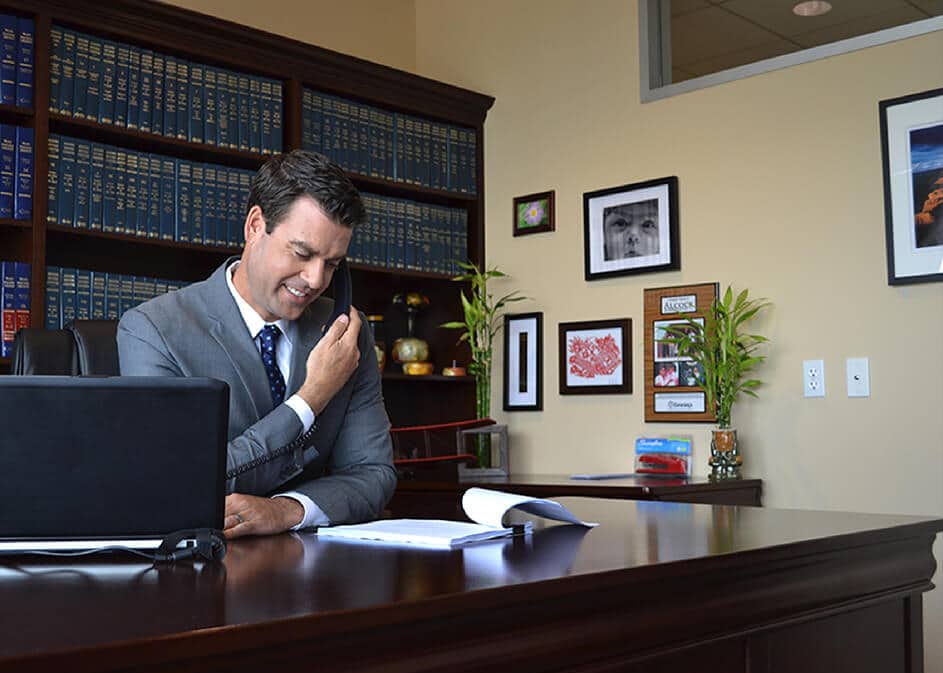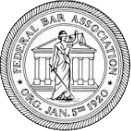Miranda Rights

Miranda rights are one of the most important aspects of any criminal case. Under certain circumstances, if the police do not read you your rights prior to interrogation, any statement you make can be kept out of court (suppressed) – including a confession. Many clients believe their statements will automatically be suppressed if the police did not read them their rights. Unfortunately, that’s not the case. In this blog, I’d like to discuss when the police must advise you of your Miranda rights.
The United State Supreme Court ruled in Miranda v. Arizona that law enforcement must advise a suspect held for interrogation: 1) he has a right to remain silent, 2) any statement he does make may be used as evidence against him, and 3) he has a right to the presence of an attorney, either retained or appointed. Miranda v. Arizona, 384 U.S. 436, 439, 86 S. Ct. 1602, 1609 (1966).
Now that you know what your rights are, you need to know when police must read them to you. Police only need to read you your rights if you are subjected to custodial interrogation. Custodial interrogation is a legal term made up of two parts: 1) the suspect must be in custody, and 2) the suspect must be questioned by the police. The questioning part is easily met. The police need only ask the suspect questions which could tend to incriminate them. To determine whether a suspect is in custody requires a much more complex analysis.
A person is in police custody if a reasonable person would not feel free to leave under the circumstances. If you have been placed under arrest, you are considered to be in custody. If you are handcuffed, you are in custody. If you are locked in the back of a patrol vehicle, you are in custody. Custody requires a case by case analysis. Even if the police tell a suspect they are free to go, that person may still be in custody. A good attorney will know if a suspect was truly in custody or not at the time of interrogation.
Unsurprisingly, the police have tried to find ways around reading suspects their rights. One illegal tactic police use is a two-phase interrogation technique I call the Siebert method (named after the United States Supreme Court case that outlawed this type of questioning). During the first phase of interrogation, police interrogate detained suspects without reading them their rights. Police know they can’t use those statements, but they also know that a suspect who already confessed once would almost certainly confess again. During phase two of the interrogation police read the detained suspect their rights and interrogate him again. Police usually say, “Tell me again what you said the first time we questioned you.” The United States Supreme Court condemned this tactic in Missouri v. Siebert, 542 U.S. 600 (2004) saying, “Upon hearing warnings only in the aftermath of interrogation and just after making a confession, a suspect would hardly think he had a genuine right to remain silent, let alone persist in so believing once the police began to lead him over the same ground again.” The Court ruled this two-phase interrogation technique was illegal and required suppression of the defendant’s statements.
Another way police try to ignore Miranda is to re-engage a suspect after they have invoked their right to remain silent or right to counsel. We had a case recently where our client very clearly told the interrogating officer he wanted an attorney. The officer delayed getting our client an attorney and said “Are you sure you want an attorney, this is your only chance to tell me your side of the story.” Our client then decided to waive his right to counsel and talk to the officer. We showed the Court this tactic was completely illegal. After a suspect has invoked their Miranda rights, all questioning should immediately cease. The Arizona Court of Appeals has ruled that any attempt to re-engage a suspect after they have invoked is coercive. In State v. Szpyrka, the Court ruled that continued questioning after invoking the right to counsel, “demonstrated both a reluctance to acknowledge the invocation and a subtle effort to persuade defendant to change his mind.” State v. Szpyrka, 220 Ariz. 59 (App. 2008). The statements were suppressed due to these illegal police tactics.
A last example of police violating Miranda is when they fail to read you all your rights. We recently had a case where a police officer said to our client “You have the right to remain silent. Anything you say can and will be used against you in court. You have the right to a lawyer. If you cannot afford a lawyer one will be appointed for you. You can cease questioning at any time.” Although this might seem like a Miranda warning, it’s not. The officer failed to tell our client a very important piece of information: he had the right to an attorney prior to questioning. As such, any statements our client made could be suppressed. In Florida v. Powell, the United States Supreme Court stated that, “[A]s an absolute prerequisite to interrogation, an individual held for questioning must be clearly informed that he has the right to consult with a lawyer and to have the lawyer with him during interrogation.” Florida v. Powell, 559 U.S. 50, 60 (2010). If a detained suspect has not been told he has a right to counsel before and during questioning, then Miranda has not been met. If Miranda has not been met, any incriminating statements will likely be thrown out of court.
Of course, the best way to avoid any of these scenarios is to not talk to the police at all. But if you have, and it’s gotten you into some trouble, give us a call.

REPRESENTATION YOU DESERVE
Here at Alcock and Associates our team and staff are dedicated to helping and representing YOU. The first step is to understand your case. We will take the time to get to know you and your legal situation so that we are best able to answer all of your questions. After your initial consultation with our attorneys, you will know what you are facing and what can happen to your case.
EVERY CONSULTATION IS COMPLETELY FREE AND COMPLETELY CONFIDENTIAL.
Top Rated Phoenix Attorneys






It is essential that you are aware of our website policies, as they detail how we protect your data and ensure transparency in the use of your information. Please read our Privacy Policy.
